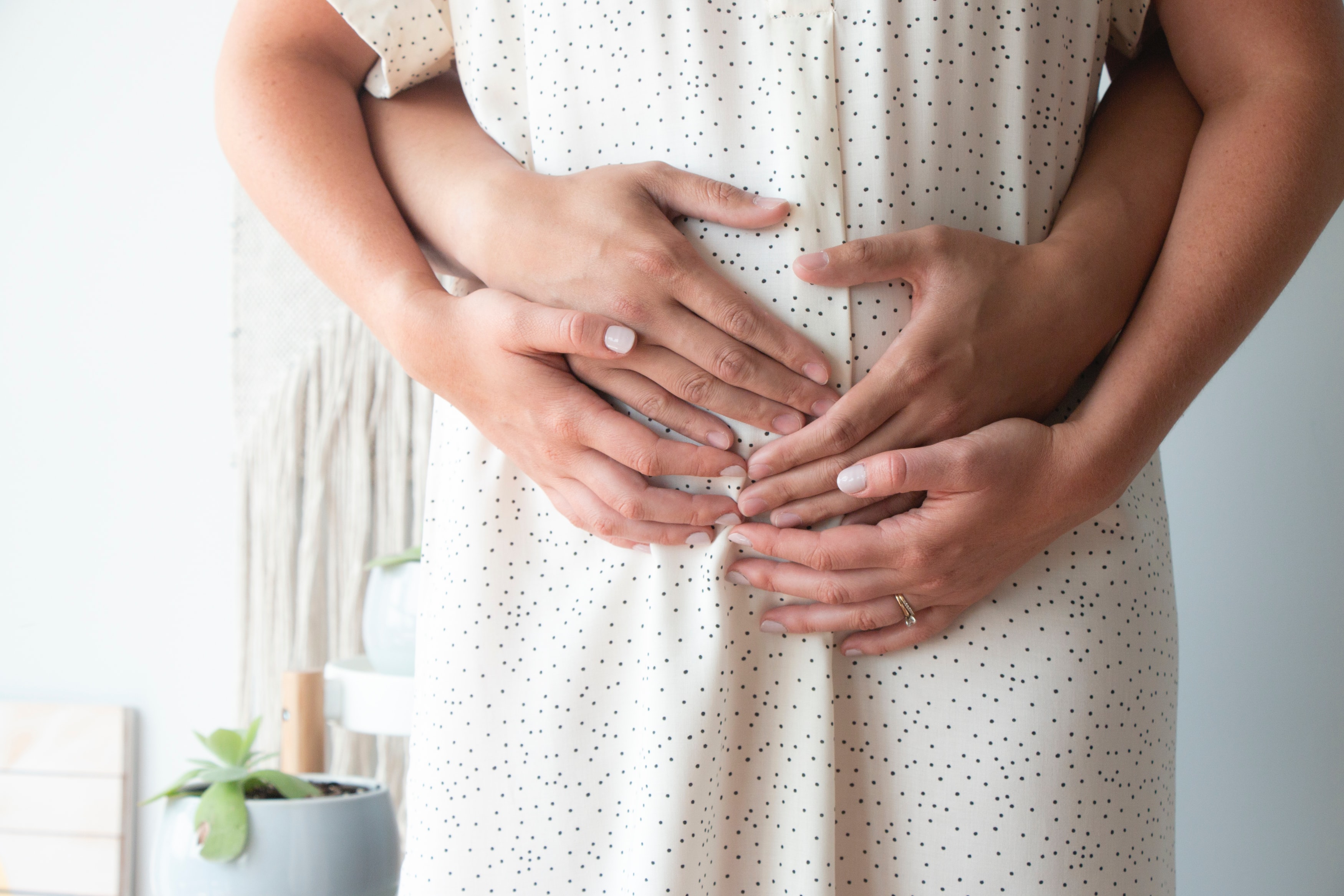News release
From:
Does severe COVID-19 affect pregnancy outcomes?
New research published in Acta Obstetricia et Gynecologica Scandinavica indicates that severe COVID-19 in pregnancy increases the risk of pre-labor caesarean birth, a very or extreme preterm birth, stillborn birth, and the need for admission to a neonatal unit.
The study included 4,436 pregnant women hospitalized in the UK with symptomatic COVID-19 from March 1, 2020 to October 31, 2021 (13.9% of whom had severe COVID-19). In addition to having increased risks of adverse pregnancy-related outcomes, women with severe infection were more likely to be aged ≥30 years, be overweight or obese, be of mixed ethnicity, or have gestational diabetes compared with those with mild or moderate infection.
“This new analysis shows that certain pregnant women admitted to a hospital with COVID-19 face an elevated risk of severe disease. However, it shows once again the strongly protective effect of vaccination against severe disease and adverse outcomes for both mother and baby,” said senior author Marian Knight, FMedSci, of the University of Oxford. “This study emphasizes the importance of ensuring that interventions to promote vaccine uptake are particularly focused towards those at highest risk.”
The study received funding from Wellbeing of Women and from the National Institute for Health Research.



 International
International



